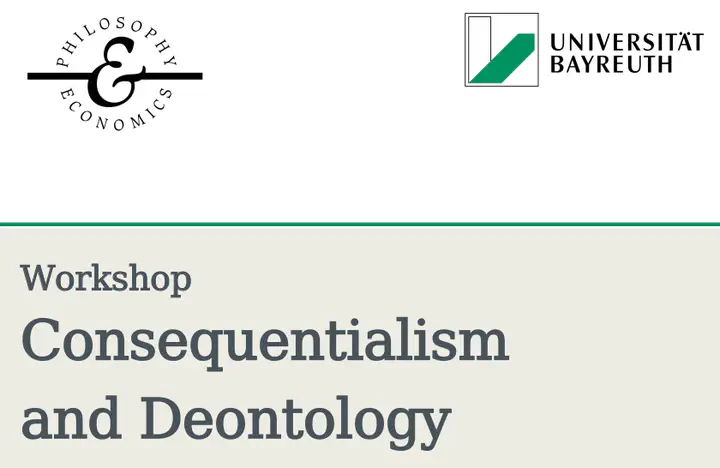Moral Theorizing Beyond the Consequentalism/Non-Consequentialism Divide
Vortrag

Abstract
Moral theories are supposed to give us systematic answers to the question “What is the morally right thing to do – and why?”. There are very many conceivable theories (as answers to this question). Philosophical ethics has established a way of dealing with this challenge. We classify moral theories according to some common feature (a constitutive property) and try to show that entire classes of moral theories do have comparative advantages or disadvantages in virtue of their constitutive properties. The debate on consequentialism vs. non-consequentialism fits this description. In this paper, I will address a meta-theoretical question – how should we theorize about moral theories? I will sketch a framework to approach this question and argue that the classical divide between consequentialism and non-consequentialism is no longer fruitful and ought to be replaced with a different distinction between structural impartialism and structural partialism. I will clarify that distinction and distinguish it (within the meta-theoretical framework) from other useful distinctions.